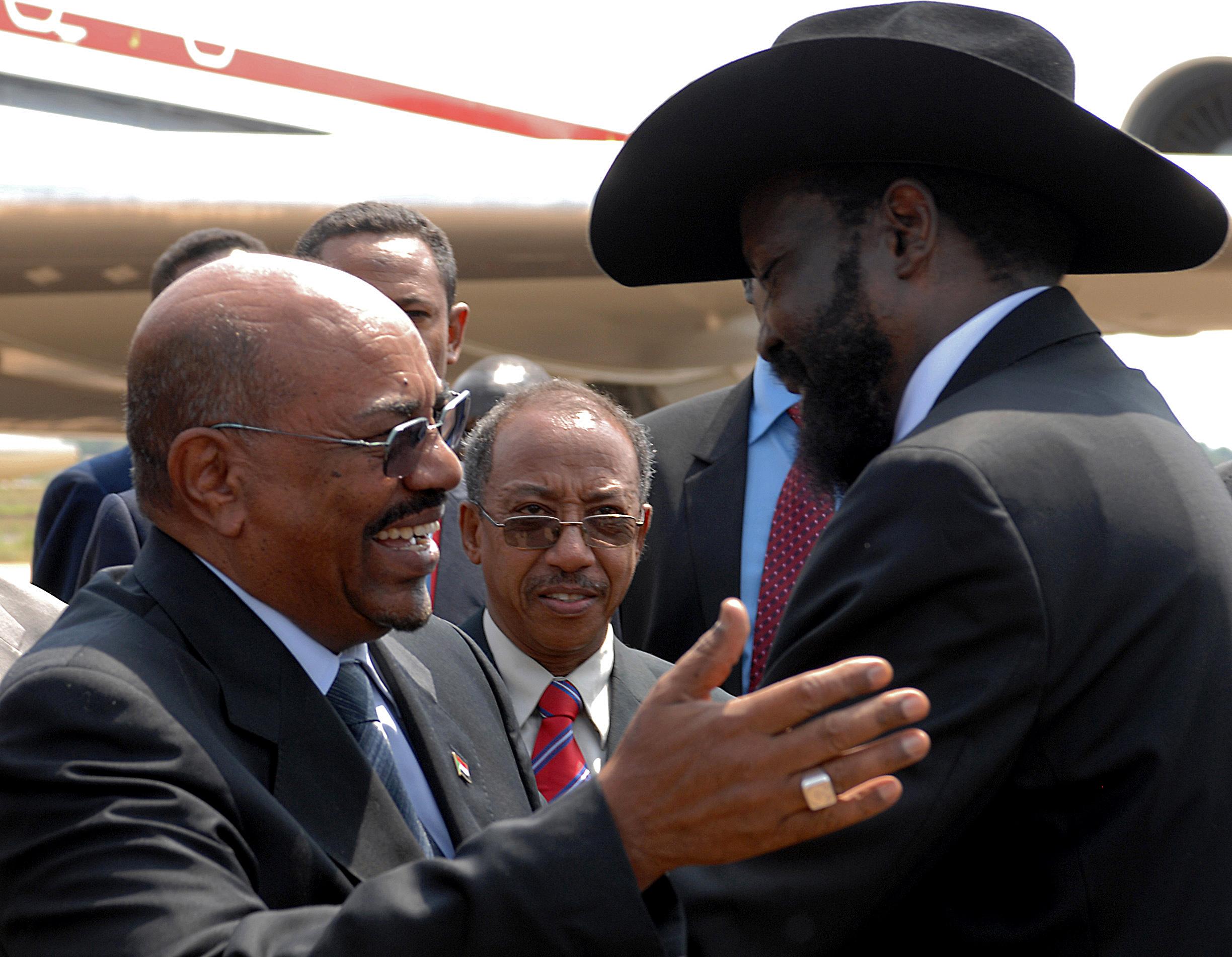Beyond the Beijing Consensus: The everyday politics of China in Africa

Much of the concern with China in Africa focuses on the elite negotiations and large projects that are the most visible. Worried commentators in the west read from this that China is entrenching unaccountable forms of governance across the continent. While valid, much of the real negotiations between China and its African “˜partners’ is found on the streets and in the workplaces of Africa’s cities. By obsessing about the bilateralism of China’s engagement and its usurping of coordinated donor efforts, western policy-makers are missing much of what matters in these evolving relationships.
While much is made of the “˜Beijing Consensus’ with its manifestation In Africa couched in terms of a “˜win-win’ scenario for Chinese and African alike most of the Chinese engagement with Africa is at a non-elite level and lies outside of the direction of the Chinese state. Most importantly there are myriad independent businesses run by Chinese migrants in cities and towns across Africa who employ Africans, sell to Africans, and deal with the street level bureaucrats – tax collectors, customs agents and the like – that make the lives of any small business in Africa a potential headache. What is important is that it is becoming everyday and it is in this ordinariness where any win/win (or win-lose, or even lose-lose) outcomes will really be decided.
The arrival of large numbers of Chinese over the past few years is not something that Africans are so worried about compared to the fixation in the western press. A Minister in Angola looked at us incredulously asking why we were so obsessed with the Chinese. He said they were only one amongst a range of new investors and his country was open for business to all of them.
Certainly many come for personal gain. One businessman in Luanda said “This place [Angola] is like China, very undeveloped in the past but now is the time…It is always the first pot that is most profitable”. The idea of the “˜first pot’ shows how profitable and underexploited many Chinese feel parts of Africa are. A Chinese businessman in Accra told us “I don’t think I will be able to make more money in China than I can do here. The conditions in China are getting quite bad, and will be worse with this world crisis”. Commonly businessmen talked about earning anything up to three times what they could make in China for the same investment.
But the characterisation of the Chinese as single-mindedly driven by profit is part of the wider Orientalist mind-set that informs so much western understanding of both China and Africa. The Chinese can only ever be one-dimensional while the Africans are placid. At the level of relationships between Chinese and Africans we found many Chinese who spoke Hausa or pidgin, had African friends and intended to stay in Africa rather than return to China.
This is not to say that there is not a good deal of racism and stereotyping on both sides. The Chinese traders we met use limited African labour, except for menial tasks such as waiting, cleaning and security. A lack of trust – or more often a racist proxy – was usually given as the reason for employing Chinese labour over Africans. In our interviews we heard cultural assumptions about “˜blacks’, which made them unsuitable for higher level roles. Many felt that Chinese productivity was too intense – “Our tempo is too fast for the local people”. Poverty was also seen to undermine the ability of African employees to plan ahead with the result that the Chinese businessmen saw them as money grabbing and untrustworthy – “They don’t care about tomorrow”. This was exacerbated by poor infrastructure, such as regular power failures and a lack of public transport, so that they could not operate shift systems as they would in China. But the labour issue is taking an interesting new twist with African firms employing Chinese labour due to cheapness and productivity.
Evolving from these everyday concerns with employment and trade are emerging civil society responses. The first stirrings were from some trade unions that saw cheap imports hitting African businesses. Later traders associations were added to this for similar reasons. But civil society in much of Africa is notoriously weak and states are relatively centralised and unresponsive to popular pressure. In Zambia and Tanzania the trade unions felt their leaders were in cahoots with the political elites who were in turn beholden to their new Chinese “˜partners’. So, any moves to improve pay and conditions were generally met with disdain and the rank-and-file unionists felt disempowered.
Moreover the Chinese are bringing things that many African s need – cheap consumer and capital goods, infrastructure, and energy. So we have seen a relatively mute response from African civil society and one which is largely about accommodating the Chinese on better terms as opposed to any active resistance to them.
What is left for policy makers? These are thorny problems. The big deals are stitched up without recourse to wider society and civil society is weak and/or marginalised. Some political figures whip up anti-China sentiment for personal gain. But the true benefits and changes of what China is doing is at a more low key level where people rub along, more or less. Can you legislate for that? Can you even encourage it? I’m not sure. What you can do is look well beyond the questions of aid harmonisation and seeking to socialise the Chinese into international “˜norms’ of western donors. The Chinese footprint defies a simple statist, aid paradigm whatever those who search for a “˜China Inc.’ mentality say. Encouraging mutual cultural understanding is crucial.





